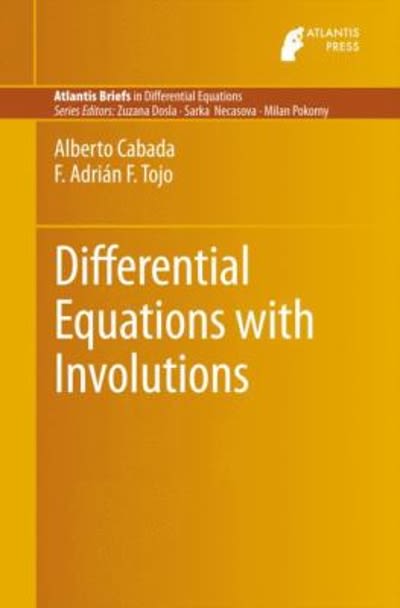Question
In an experiment, college students were given either four quarters or a $1 bill and they could either keep the money or spend it on
In an experiment, college students were given either four quarters or a $1 bill and they could either keep the money or spend it on gum. The results are summarized in the table. Complete parts (a) through (c) below.
| Purchased Gum | Kept the Money | ||
| Students Given Four Quarters | 31 | 15 | |
| Students Given a $1 Bill | 17 | 34 |
a. Find the probability of randomly selecting a student who spent the money, given that the student was given four quarters.The probability is
enter your response here.
(Round to three decimal places as needed.)
Part 2b. Find the probability of randomly selecting a student who kept the money, given that the student was given four quarters.The probability is
enter your response here.
(Round to three decimal places as needed.)Part 3c. What do the preceding results suggest?
A.
A student given four quarters is more likely to have kept the money than a student given a $1 bill.
B.
A student given four quarters is more likely to have spent the money.
C.
A student given four quarters is more likely to have kept the money.
D.
A student given four quarters is more likely to have spent the money than a student given a $1 bill.
Step by Step Solution
There are 3 Steps involved in it
Step: 1

Get Instant Access to Expert-Tailored Solutions
See step-by-step solutions with expert insights and AI powered tools for academic success
Step: 2

Step: 3

Ace Your Homework with AI
Get the answers you need in no time with our AI-driven, step-by-step assistance
Get Started


